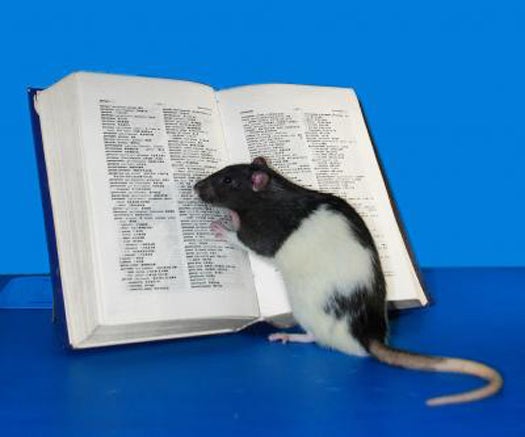Drug Treatment Could Sharpen Adult Brains
Tests in mice show potential for reversing the slowdown in learning that comes with puberty

Anyone who’s tried to learn a second language knows that the earlier in life you start, the easier it is to learn. Now, a scientist at the State University of New York Downstate Medical Center (SUNY) has not only discovered why learning becomes much harder after puberty, but also how to fix it. The SUNY team found that learning difficulty resulted from the proliferation of special chemical receptors during adolescence, and that the stress steroid THP could reverse the problem.
Sheryl Smith, the lead SUNY researcher, first discovered the learning impairment receptors in 2007, but only recently did she link the spread of the receptors during puberty to increased difficulty learning. Smith tested mice on a rotating walkway containing an electrified section of track. Young mice and older mice learned to avoid the electric shock after only one pass. The pubescent mice, however, failed to learn even after multiple passes, shocking themselves again and again.
Later, Smith began providing the mice with THP, a hormone that lowers stress in young and adult mice, but actually increases stress in teenage mice. Surprisingly, the increased stress counteracted the learning disability, allowing the adolescent mice to learn to avoid electrocution much faster.
This research holds significant promise for human teenagers with learning disabilities, but even Smith cautioned that it will be some time before this research can be applied to humans. Of course, considering how stressful high school life can be already, I’m not sure any teens would volunteer.